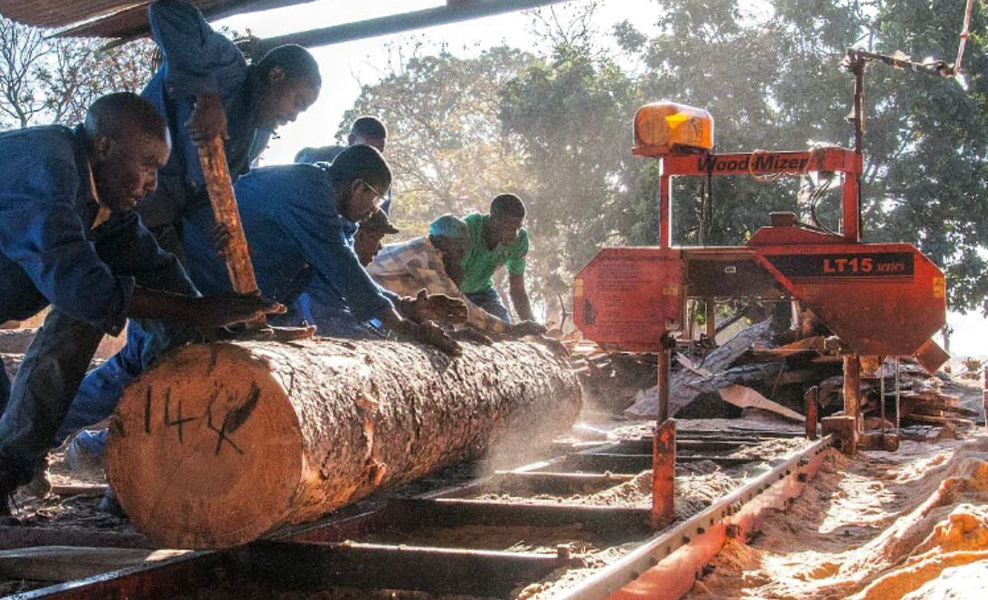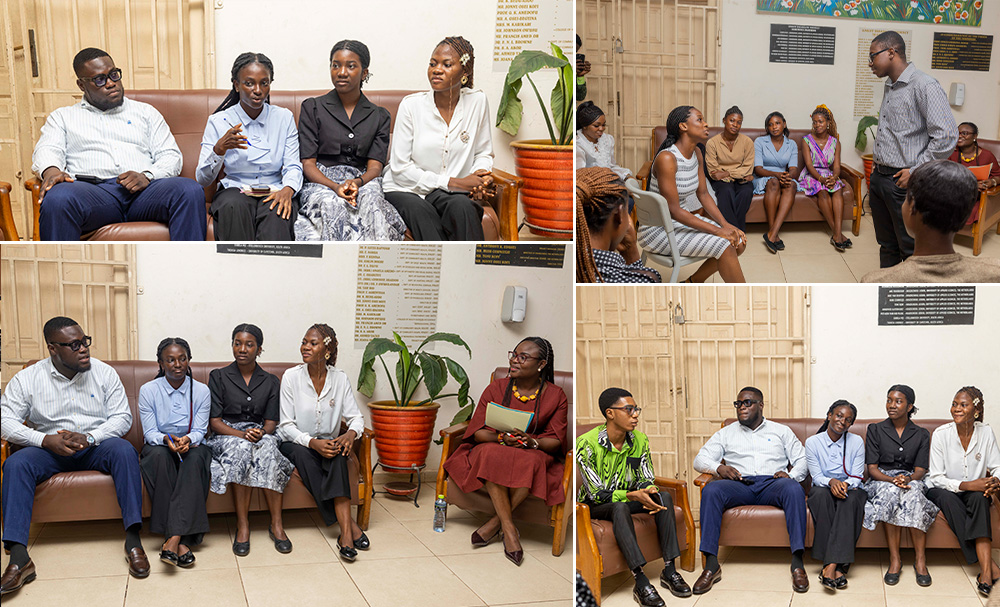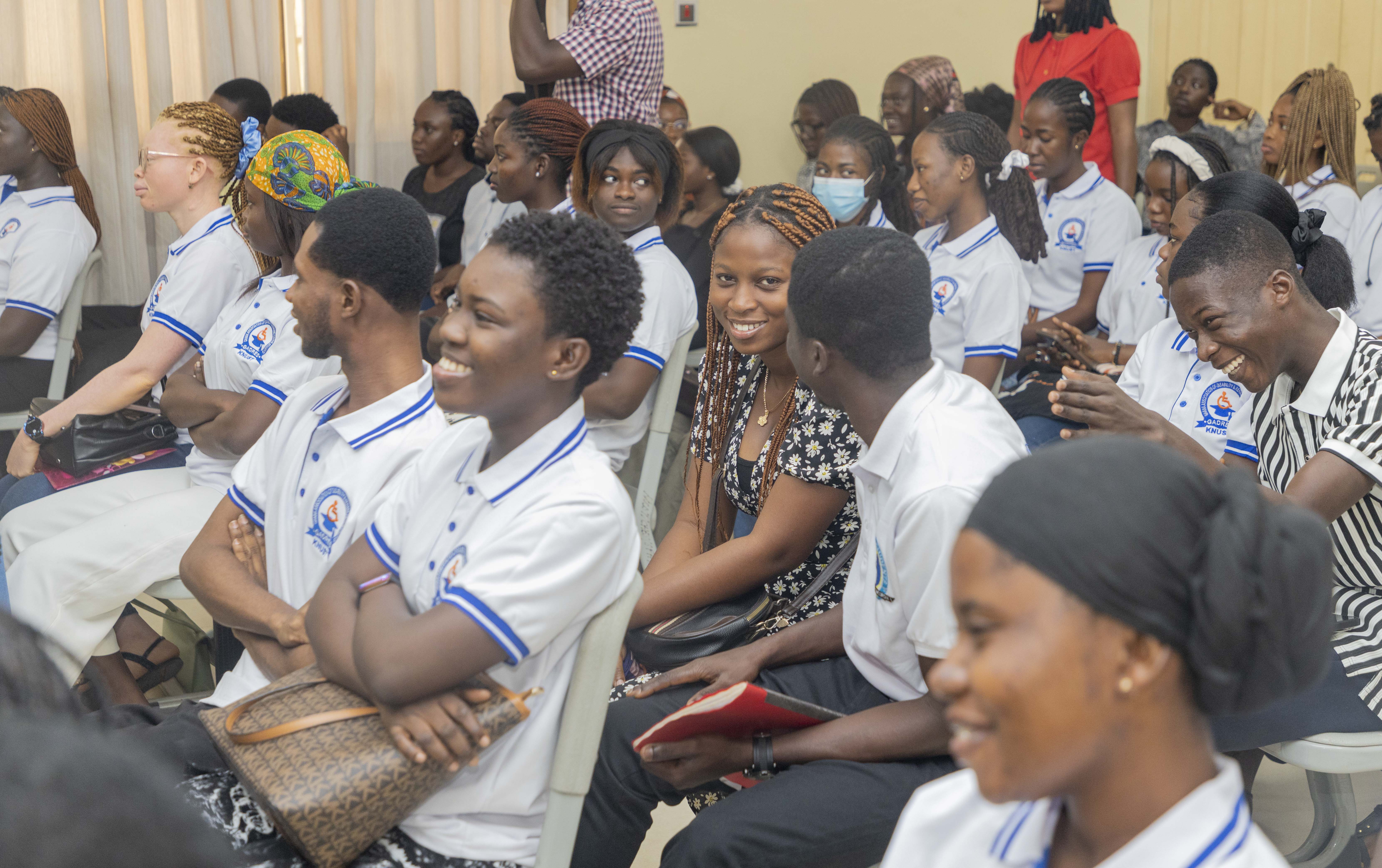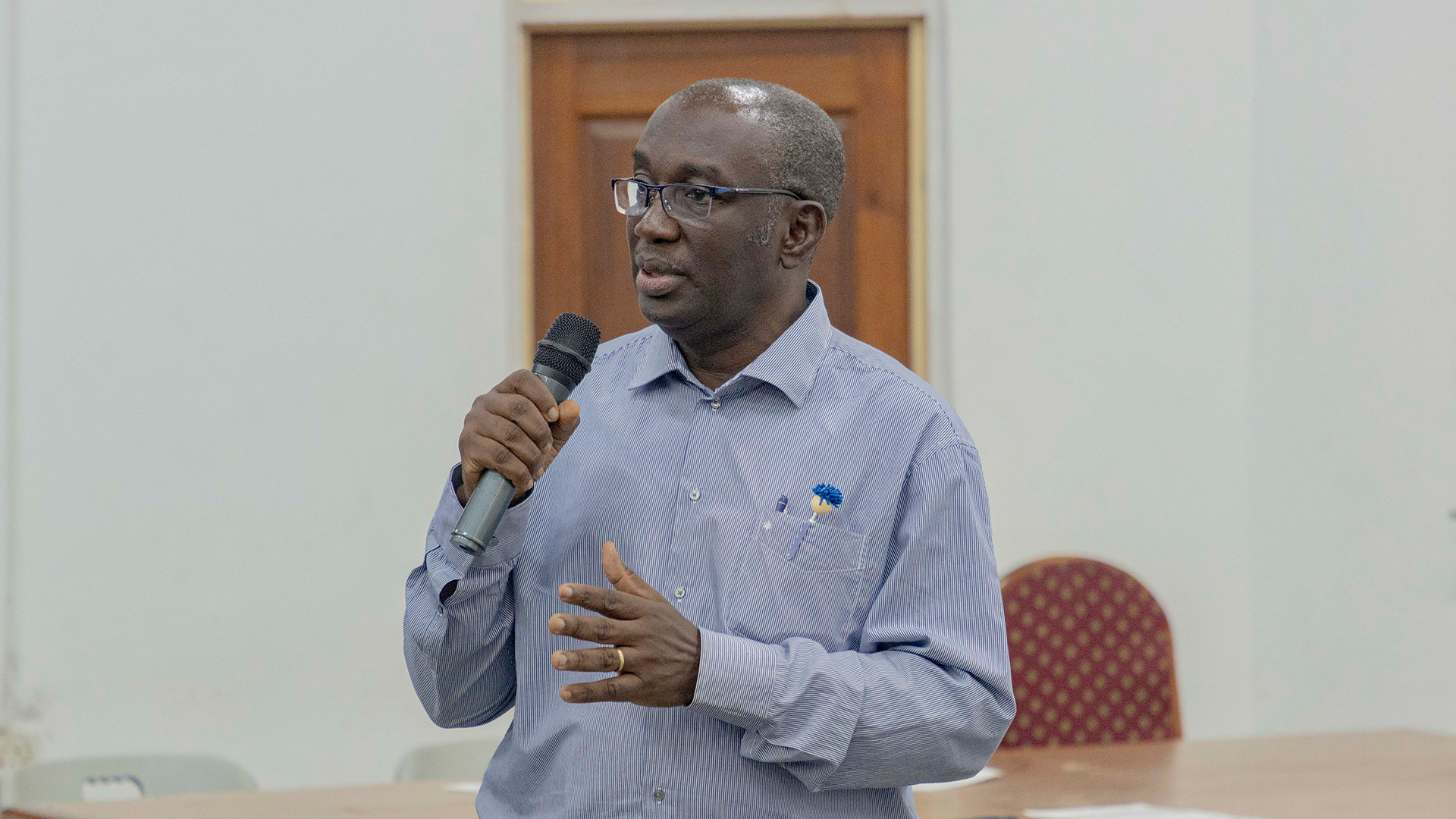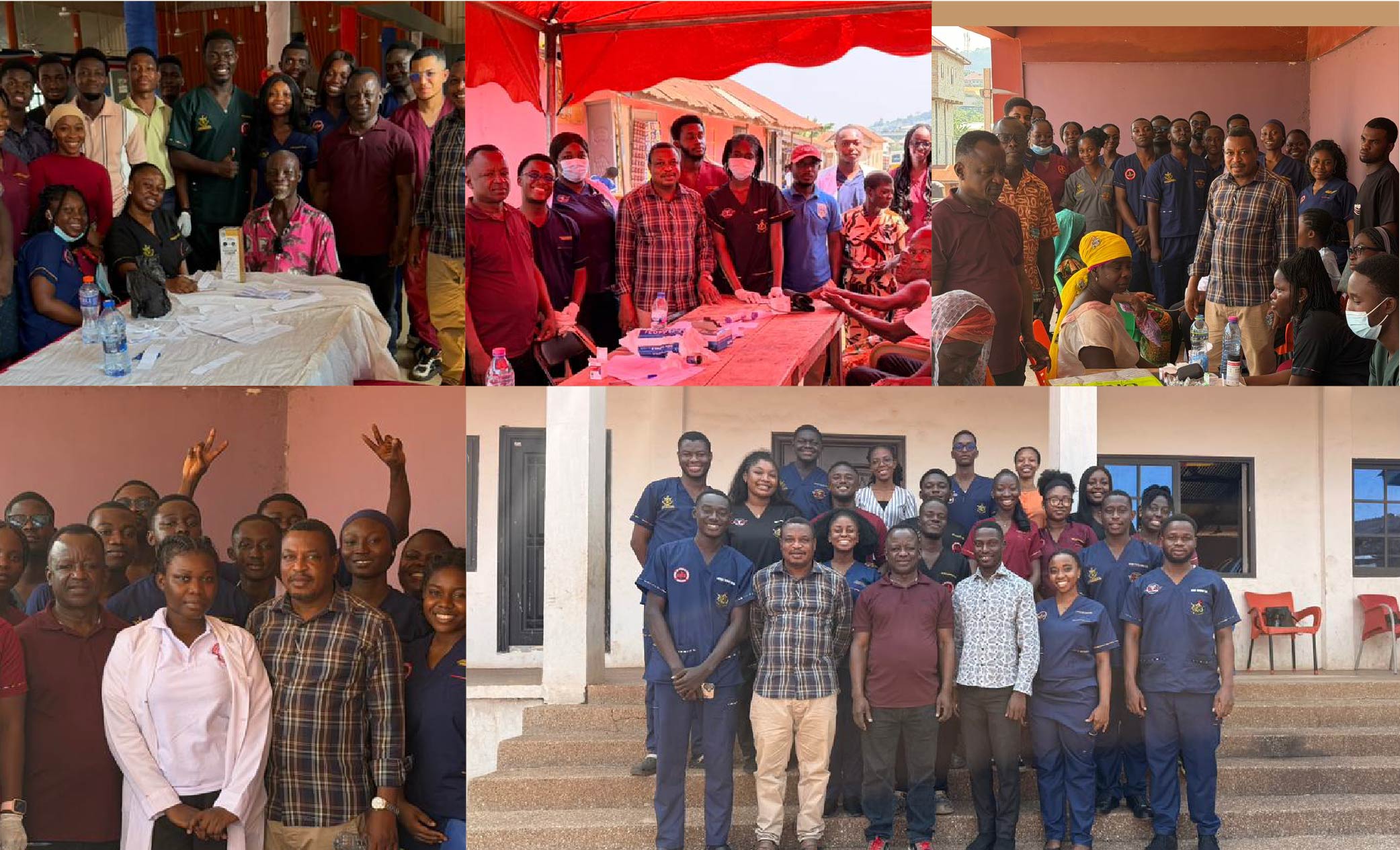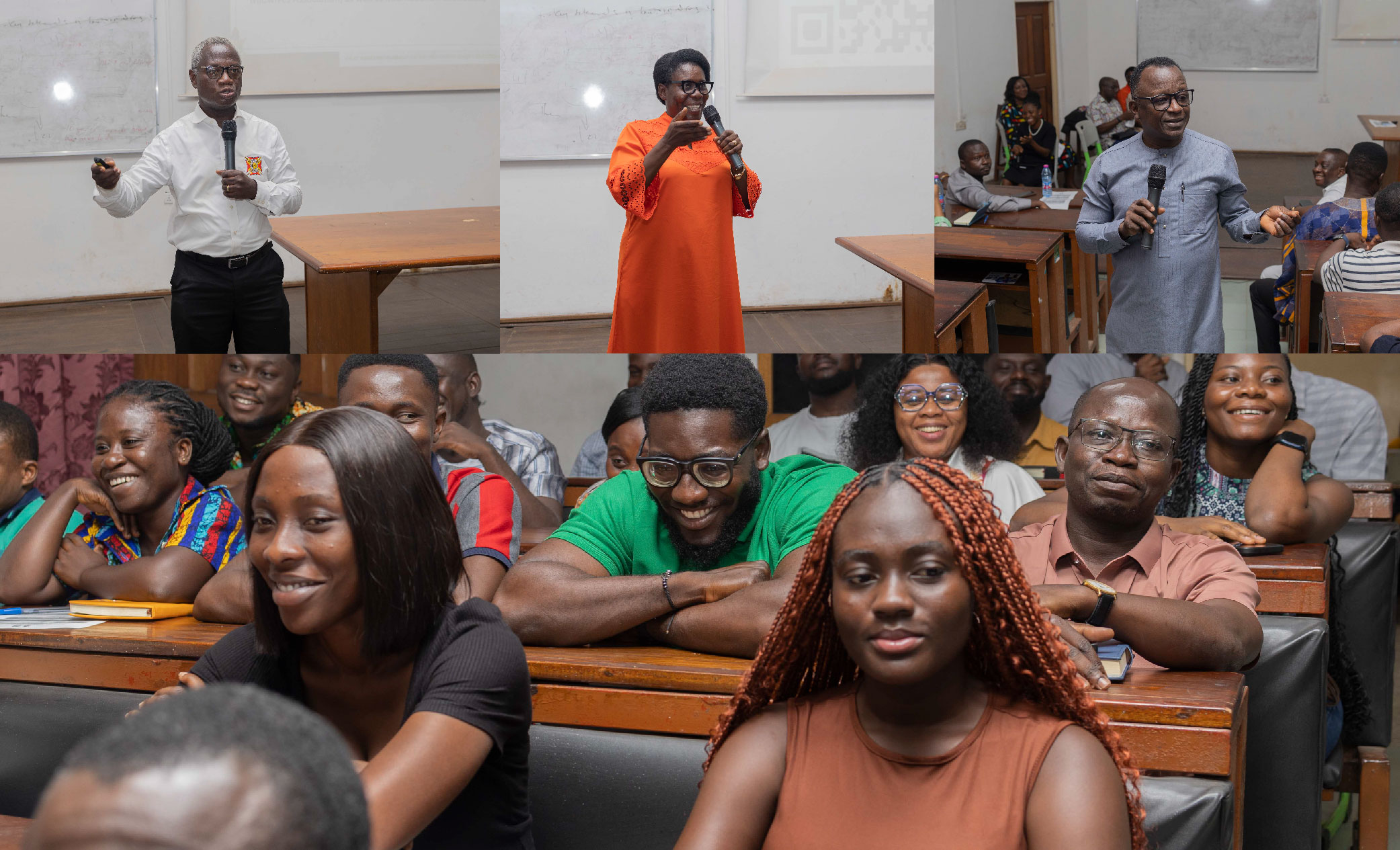A study by researchers from the Kwame Nkrumah University of Science and Technology (KNUST) has revealed a troubling reality: nearly 7 in 10 small-scale sawmill workers at Sokoban Wood Village in Kumasi suffered work-related injuries within a single year.
The study, published in PLOS ONE, is one of the first to comprehensively assess the burden and causes of occupational injuries among sawmill workers in the country.
Conducted by a team of researchers from KNUST’s School of Public Health and affiliated institutions, the findings point to widespread risks in one of Kumasi’s busiest timber processing zones.
Of the 138 workers surveyed between, 66.7% reported being injured on the job in the previous 12 months. The most common injuries were cuts, usually caused by machine parts, sharp tools, or being struck by falling logs and objects. Legs and hands were the most frequently injured body parts.
The findings also revealed that only 40.7% of workers consistently used personal protective equipment (PPE), and that poor lighting, unsafe workspace layouts, and low monthly income were linked to a higher risk of injury. Older workers were slightly less likely to be injured, with the likelihood of injury decreasing with age.
Based on these findings, the study recommends several steps to improve safety for workers in the timber sector. These include ensuring regular use of PPE, improving lighting in workshops, redesigning workspaces to reduce hazards, and providing ongoing safety training.
The researchers, led by Felix Agyemang Opoku also highlight the need for stricter enforcement of safety standards, especially in informal and small-scale operations.
Sokoban Wood Village remains a key timber processing hub in the Ashanti Region, employing hundreds of carpenters and sawmill workers. However, the study suggests that health and safety measures have not kept pace with the growth of the sector, putting many workers at risk.
Local authorities and industry stakeholders are encouraged to prioritise occupational safety to reduce injuries and protect the wellbeing of workers in this vital industry.
Other authors include Douglas Aning Opoku, Nana Kwame Ayisi-Boateng, Joseph Osarfo, Alhassan Sulemana, Sheneil Agyemang, Obed Kwabena Offe Amponsah, Michael Tetteh Asiedu, Robert Gyebi, Peter Agyei-Baffour
Story by: Edith Asravor


